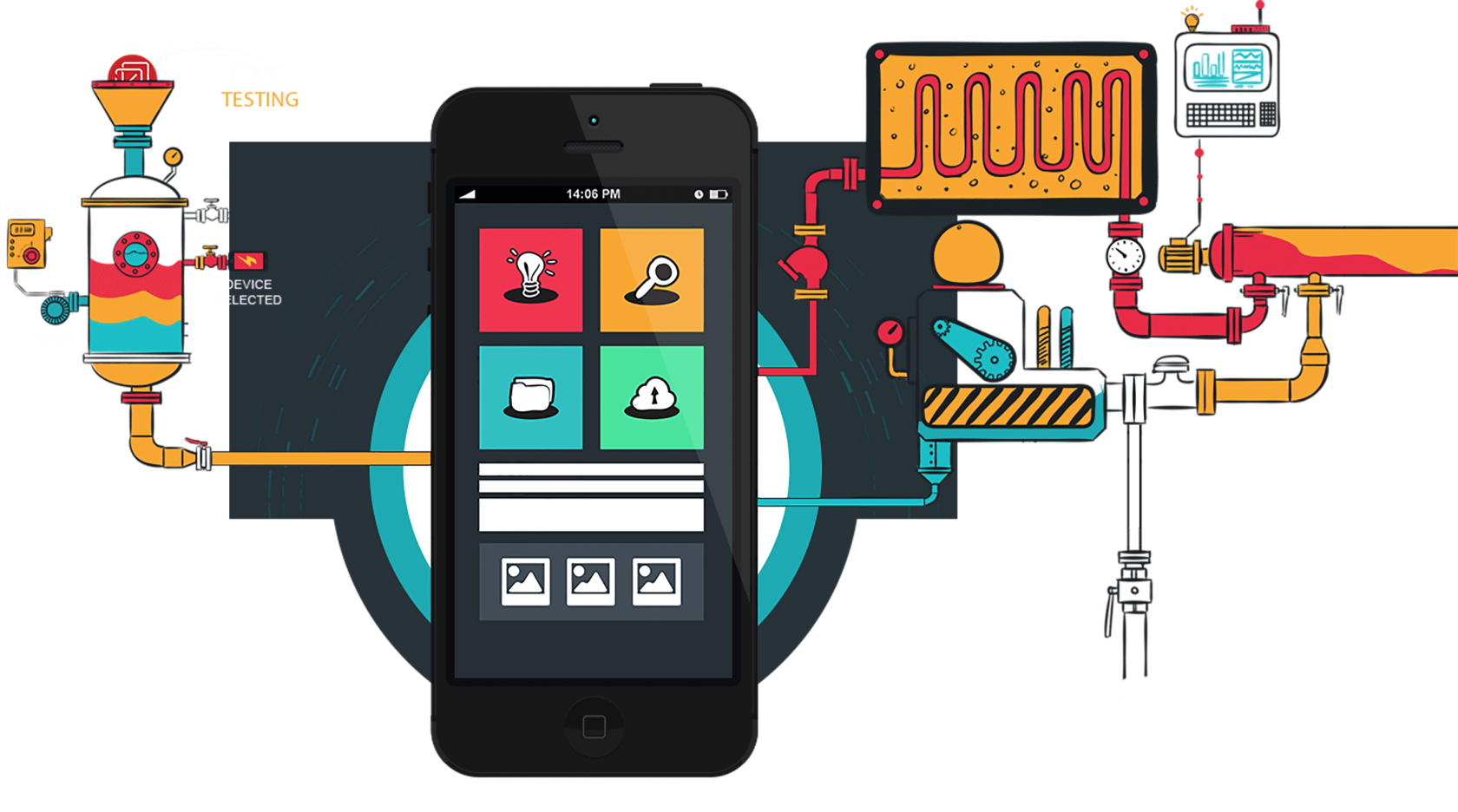Automation testing leverages testing framework software tools to perform tests and recognize bugs. It has transformed the testing process from a slow, manual process to a faster process that provides wider coverage and better feedback. Software developers can develop and test more thanks to automation testing.
Recently, machine learning has started to be used in the software development process. The result is a redefined fresh era in the software developer’s space. ML software testing objective is to make the process smarter and more dependable. ML has remarkably impacted the software testing process in different ways.
Improved accuracy
Manual testing is prone to errors that could lead to multiple setbacks in software use. Even where the most experienced testers are used, they are human beings who can make mistakes, particularly when running monotonous tests. In such scenarios, machine learning for software testing allows developers to perform automation testing and eliminates human errors, which is why it is picking up fast. Using automated testing tools will not only lower the chances of mistakes but also reduce the cost of the testing processes.
Machine learning is a branch of Artificial Intelligence that trains machines to perform tasks without human assistance. The technology performs repetitive tasks better and records them more accurately. It remarkably increases the chances of finding bugs and eliminates probabilities of errors.
Also Read:
- Make Your App Error Free With These Types of Mobile App Testing
- 5 Areas of Focus to Avoid a Failed Software Rollout
- The Traits and Features of the Online Testing Software
ML enhances automation testing
Anytime a new code is introduced into an existing functional code, the probability of destabilizing it is high. To ensure the code remains stable after a new one is added, developers repeatedly perform quality assurance tests.
With each newly added code, feature, and functionality, the volume of QA tests increases which can, at some point, overwhelm developers. In such a situation, manual testing is not the best option. Automation testing is required to provide broad-based and deep testing that requires to be done repeatedly. This is the point where the use of machine learning capabilities comes in.
ML learns the characteristics of each newly added code, feature, and functionality and adapts to them. Whenever ML detects any modifications in the code, they test its characteristics to tell whether it’s a bug or another new feature. Furthermore, instead of testing an entire software to detect bugs, ML runs specific case-by-case testing to improve speed and the process.
ML assists in API testing
Without API, applications would not connect, and computer functionality would be affected. API is prone to bugs like any other software, which makes API testing an important process as other types of software testing. A bug in your API could cause magnificent effects on your business system.
It allows the evaluation of interaction quality between the API and other applications within your servers and databases. Because API interacts with a wide range of applications both internally and externally, manual testing can take too long. ML helps interact with the API features to understand how they function, making it easier to detect bugs and generate a report for quick action.
ML helps reduce UI based testing
Enhanced user experience during interactions with computer systems is made possible by the devices they use. User interface means the space where the interactions occur. UI testing helps validate whether computer programs/systems contain the expected functionalities and whether they are user-friendly.
Machine learning enables automated testing that doesn’t require UI. ML testing capabilities can be used to run non-functional tests like security, unit integration, and performance. ML testing can be further used to monitor system logs and assist with bug prediction and self-healing.

Automation of test case writing
Before testing is done, testers program the test scenario that will help measure software functionality across sets of conditions to confirm the expected outcome. Writing is done for both manual and automated testing. It is done using test cases management tools.
Machine learning capabilities have helped eliminate the need for manual test case writing. It only needs a developer to point out the software that needs testing. ML capabilities learn the software first and automatically collect useful data that trains ML on the expected software patterns.
When testing is run, ML uses the information it has collected about the software and compares it with the current structure patterns of the software. If there are any inconsistencies, ML highlights them as a potential problem. The tester may be required to validate if it’s a bug or a minor inconsistency.
Limiting the need to test maintenance
After the software is launched, maintenance is required to test overall performance, correct problems, remove bugs and boost performance. Several maintenance actions can be taken to achieve this, such as software modification, updating, and changing to improve customer experience.
Testing maintenance adds cost to a business and affects the customer experience. If the software is launched while containing too many inconsistencies, the business systems will be slow, and customers may look for a better option. Machine learning helps to continually test software in each development phase.
Before launching is done, ML ensures the software is seamlessly working with fewer or no bugs. A developer is certain the software is consistent with the business’s internal and external systems for the best user experience.
Once the software is launched, it will require limited maintenance procedures, which saves time and cost. Machine learning has already learned the functionality of the software and can continually make reports anytime it finds the slightest inconsistencies.

